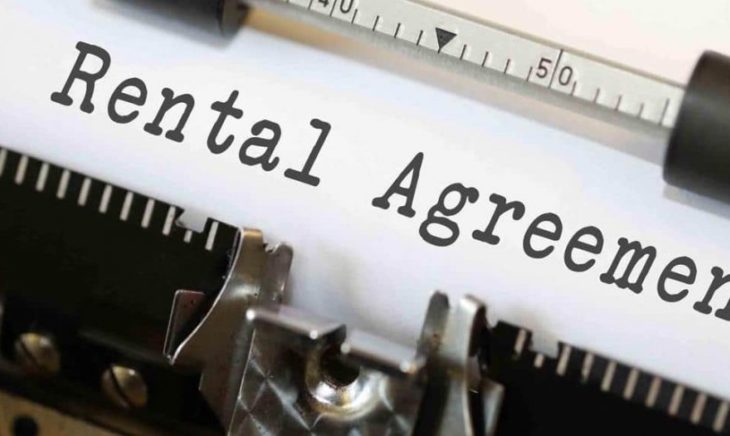Starting 1 May 2018, landlords in Thailand with five or more residences to lease must comply with new lease regulations (link in Thai) announced on 18 February 2018 under the newly amended Consumer Protection Act. While these new lease regulations do not apply to dormitories and hotels, they do cover residential leases, such as for condominiums, apartments, and houses.
Lessee-friendly lease regulations
These new regulations are much more lessee friendly, providing additional protections and loosening certain restrictions. They include:
- Security deposit and advance rent: Landlords can only collect one month’s advance rent and one month’s rent as security deposit, for a total of two months’ rent at lease signing. This applies retroactively to current leases, so refunds must be made of any amounts collected over two months in those cases.
Furthermore, there are issues regarding using these funds for damages or rent non-payment. Also, when a lease expires or terminates, landlords have only seven days to refund these deposits.
- Utility surcharges: Leases can only charge for water and electricity charge at cost. Surcharges are now forbidden.
- Lock-outs and property removal: If a tenant defaults on payment, landlords cannot seize property or change locks.
- Renewal and holding fees: Landlords can no longer charge a fee to renew leases or to hold a property before a lease is signed.
- Termination: Tenants can now break a lease before the end of a lease without penalty as long as they notify the landlord 30 days in advance. Landlords must go through a more arduous process to terminate a lease early.
These are only a few of the provisions in the new lease regulations. There are also restrictions regarding stamp duties, tax burdens, repair obligations, and more.
No grandfather provisions: ALL active leases must comply
These stipulations may not apply if the tenant is not an individual. But they do apply to present and future leases. So, not only should every lease signed going forward comply with these new lease regulations, but any leases currently in effect must be amended to comply as well.
Each violation for each residence is subject to a maximum THB 100,000 and or/ one-year imprisonment. So, a landlord who has ten properties leased and who still demands two months’ security may face THB 1,000,000 and ten years in prison. And, keep in mind that Thailand’s new class action lawsuit does not set a minimum number of plaintiffs.
Lessor or lessee, GPS can help
Whether you are a property owner that needs help organizing compliance or you are a renter wanting to make sure your rights are protected, GPS can help. Please contact us for a consultation to see how we can facilitate this transition for you.




